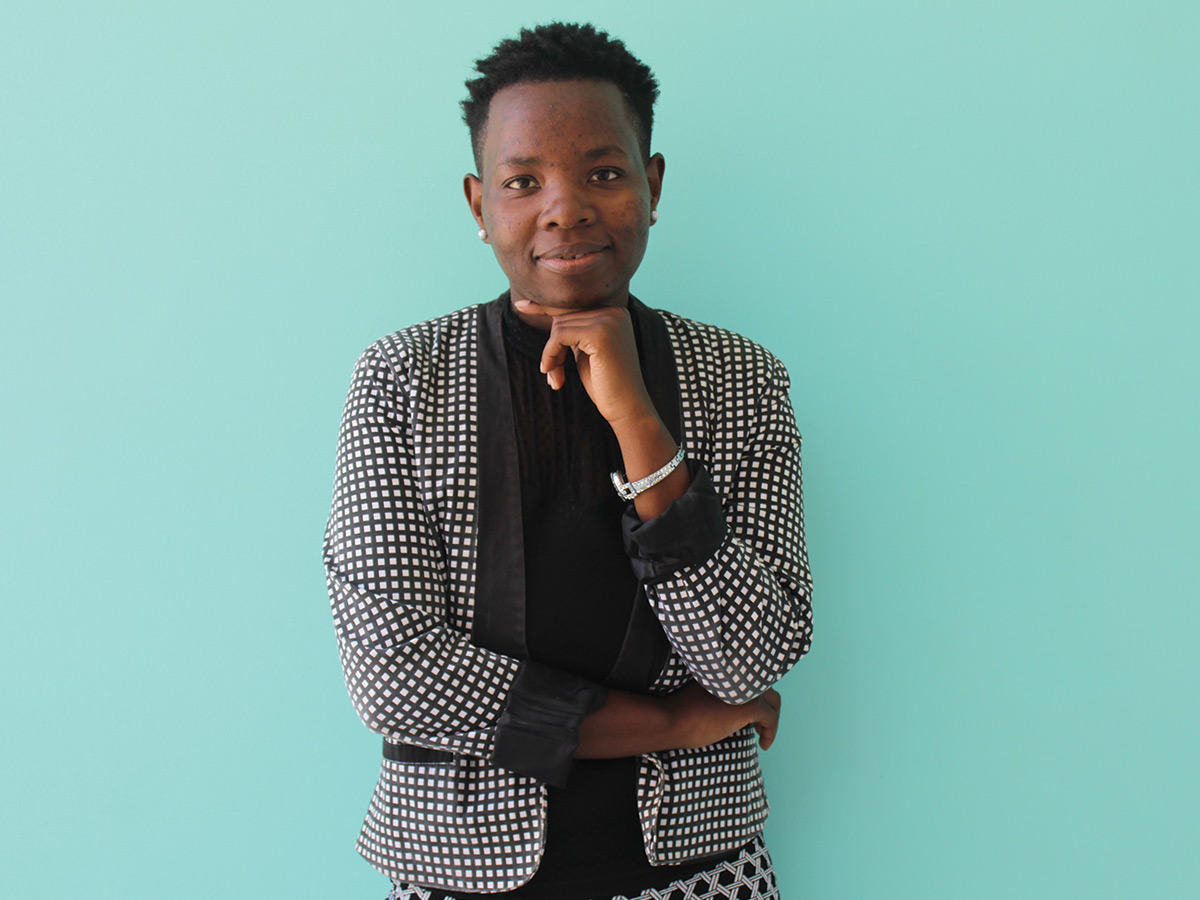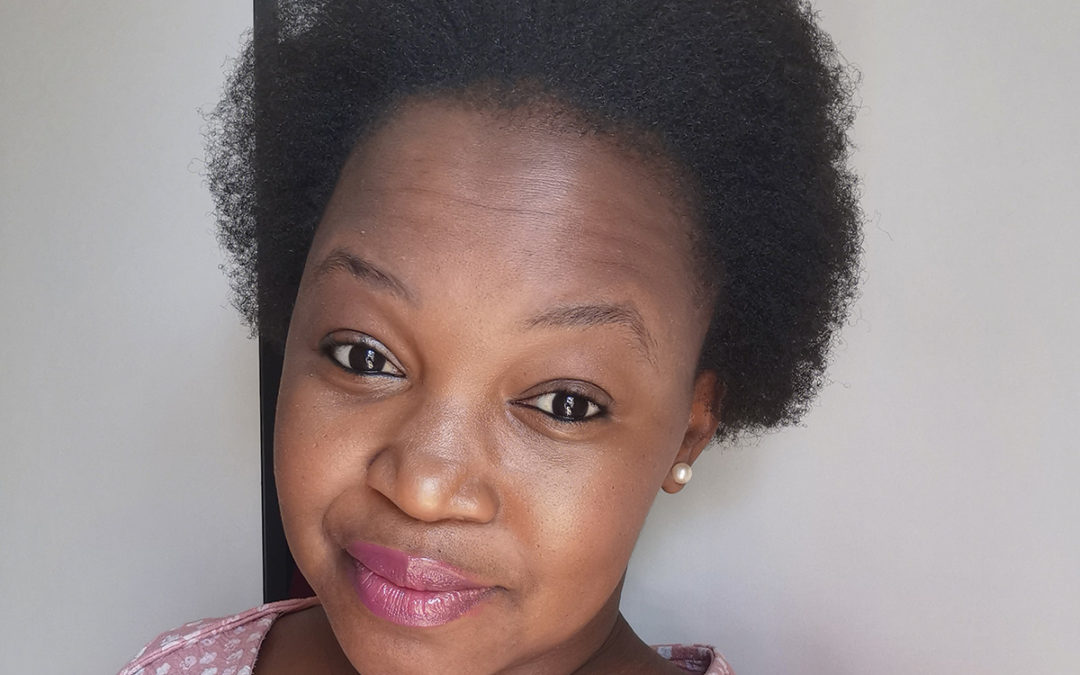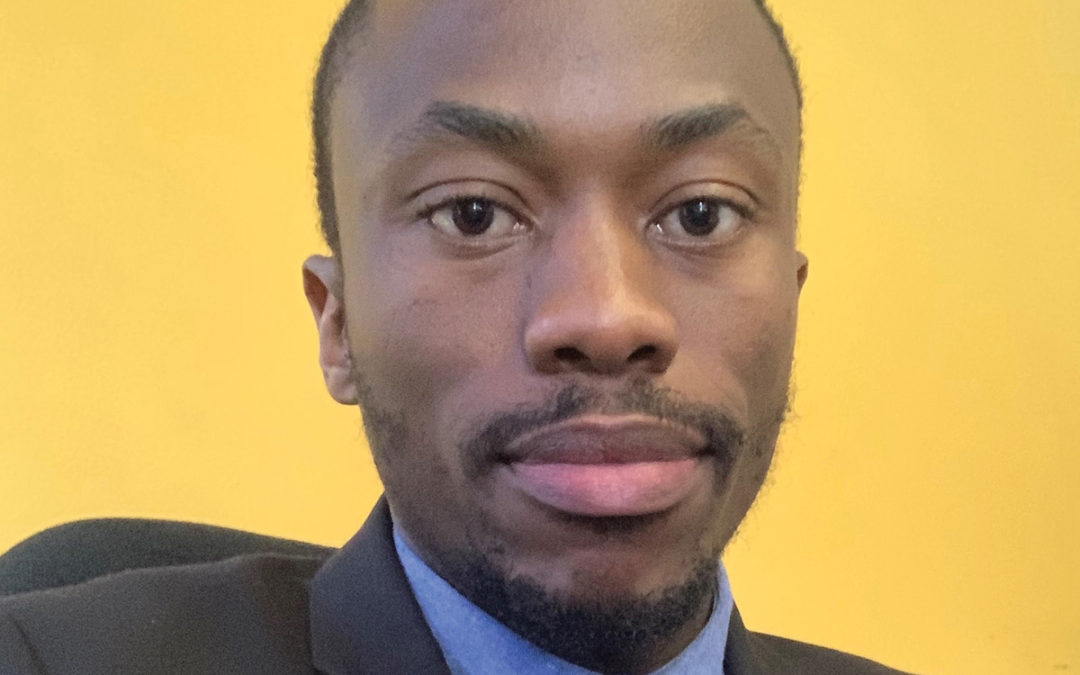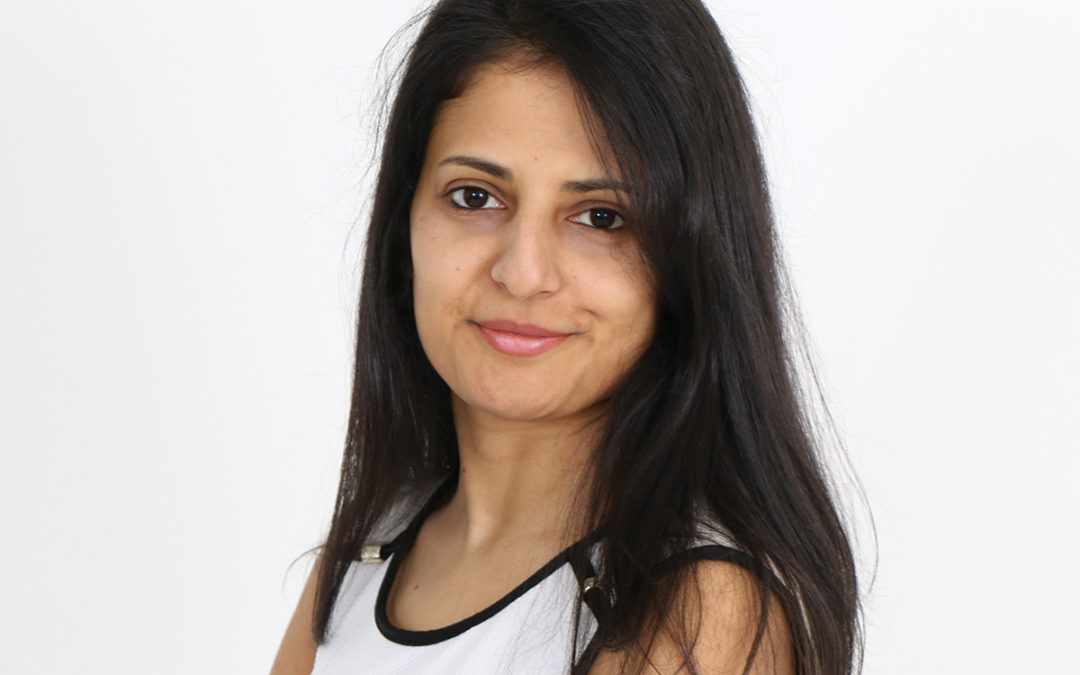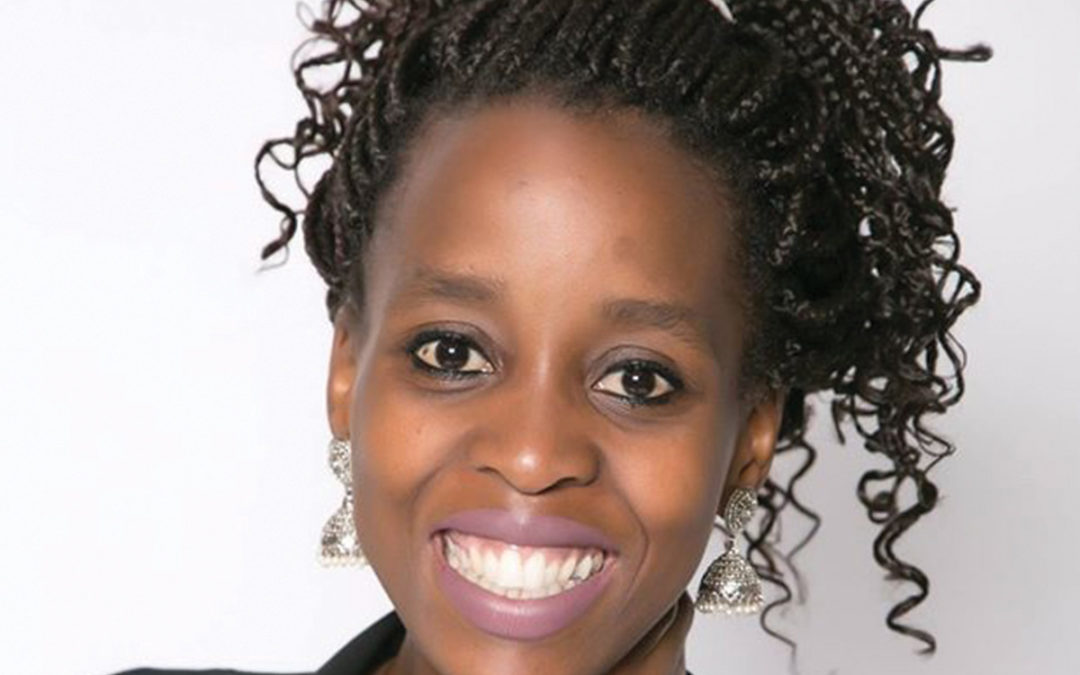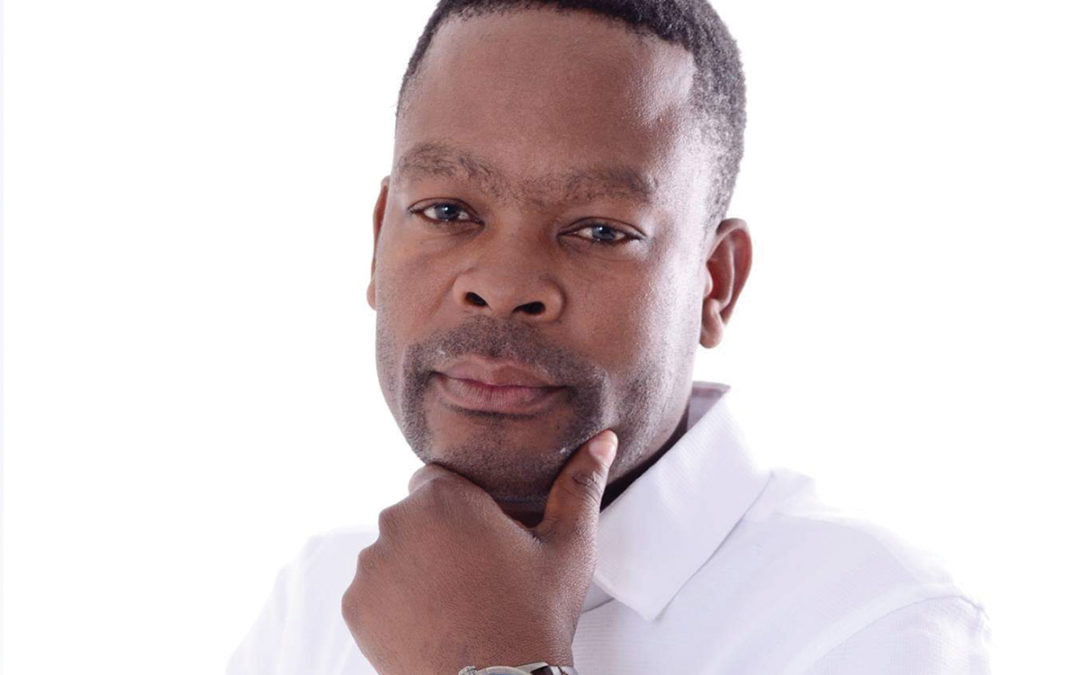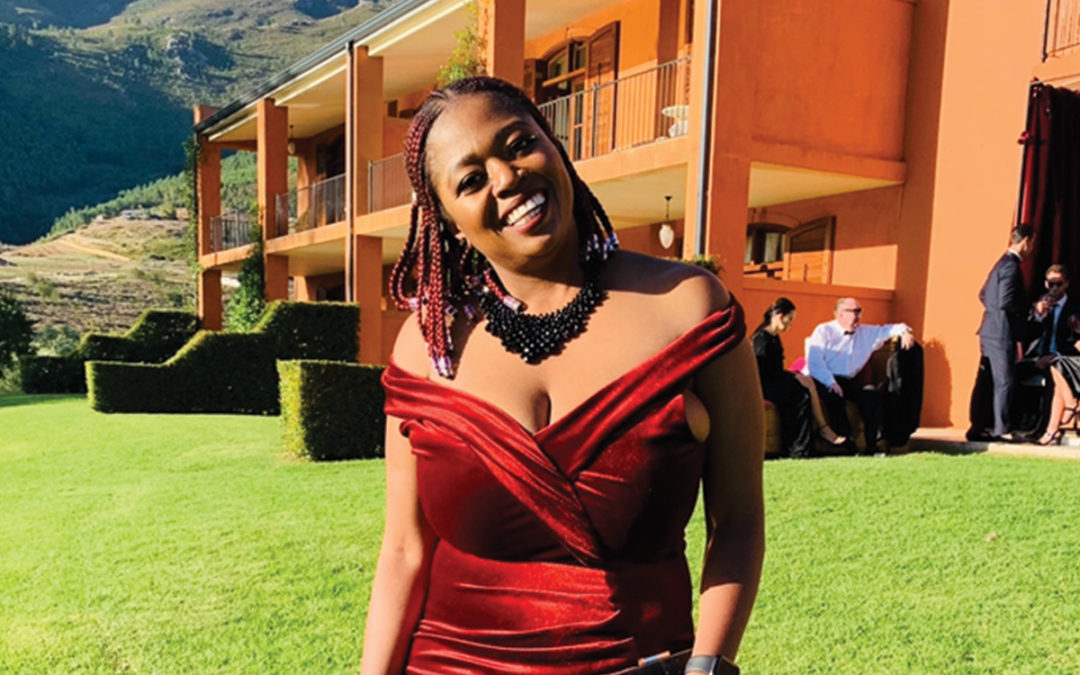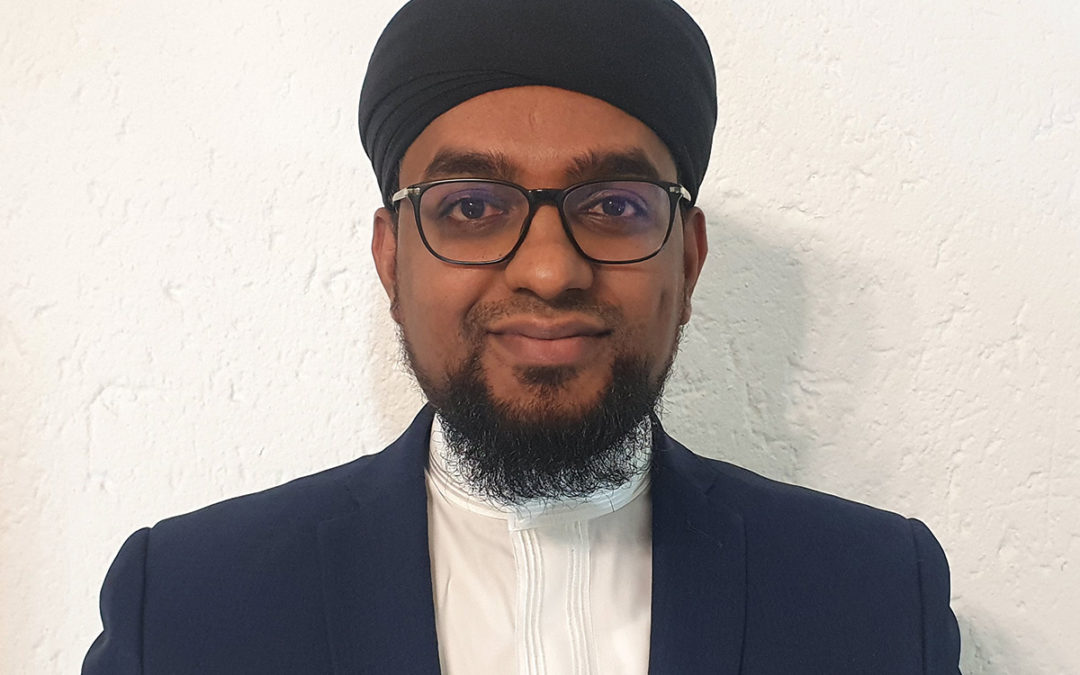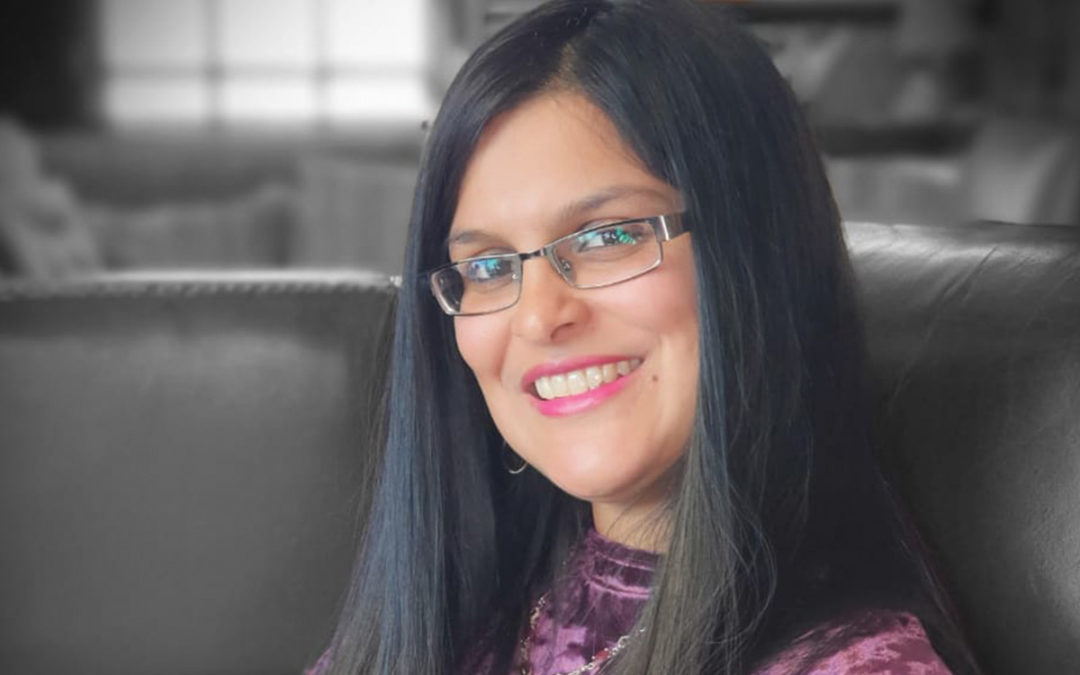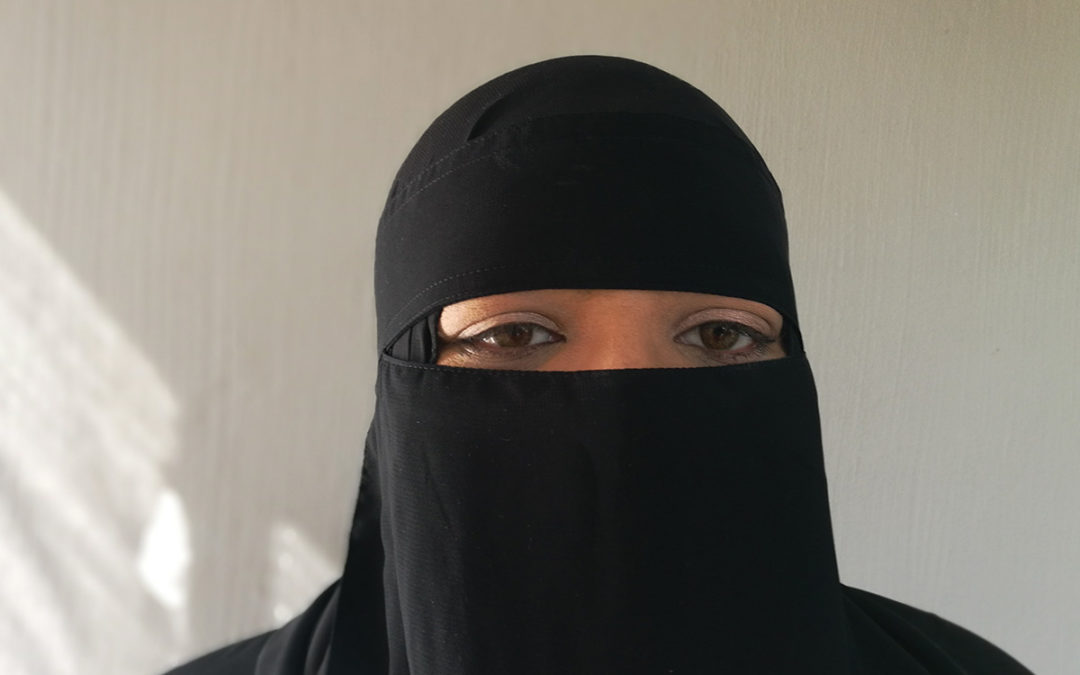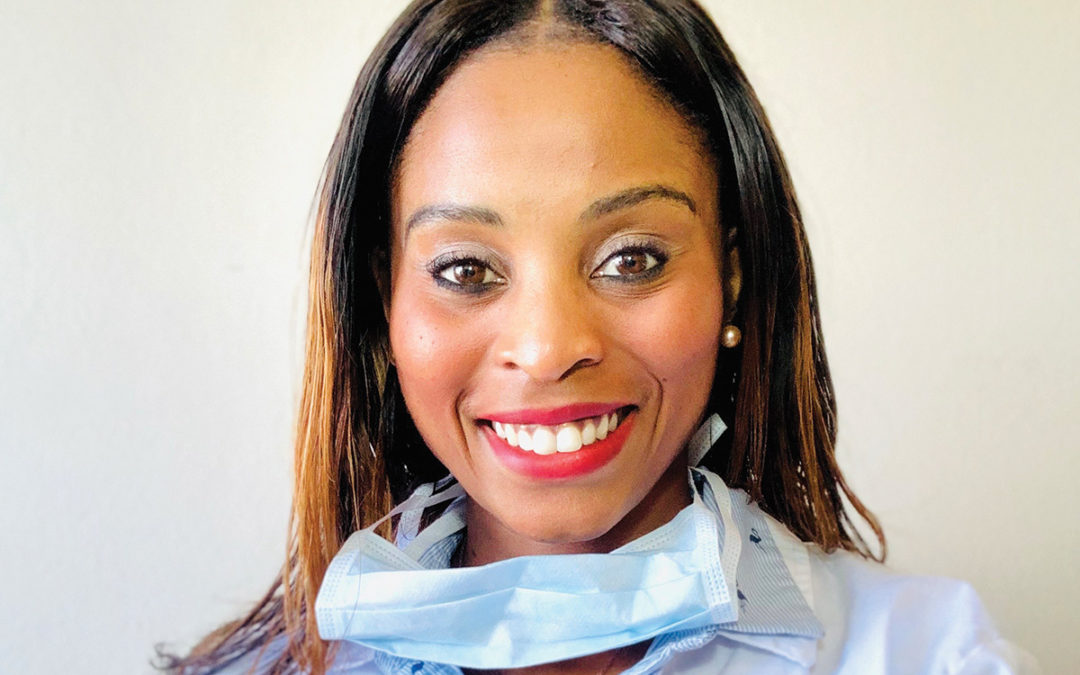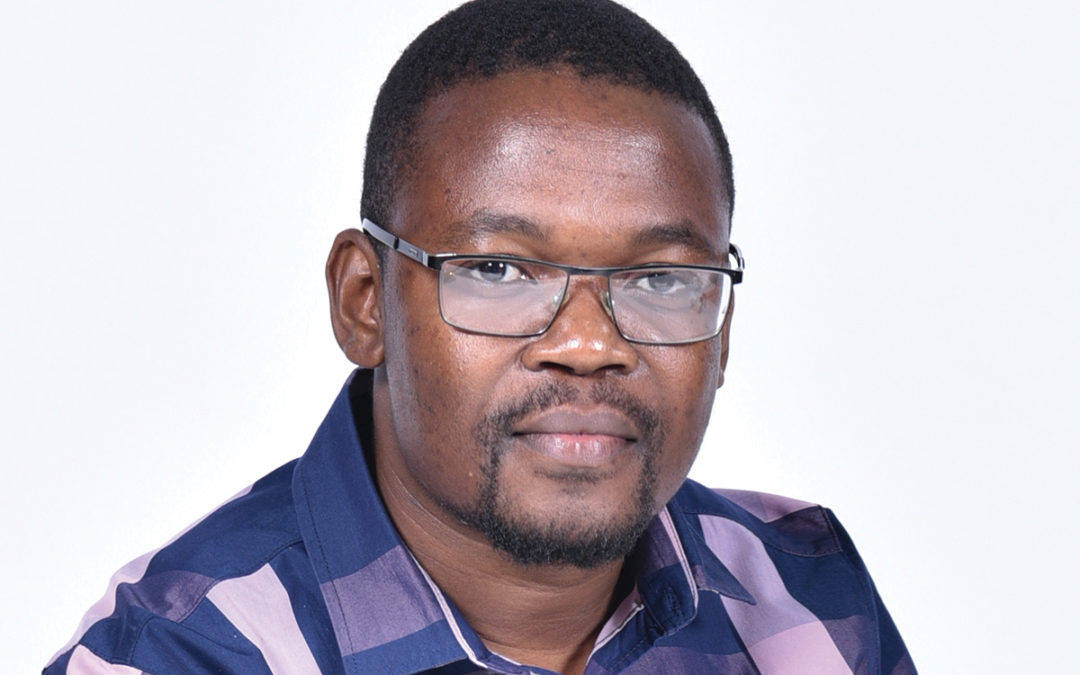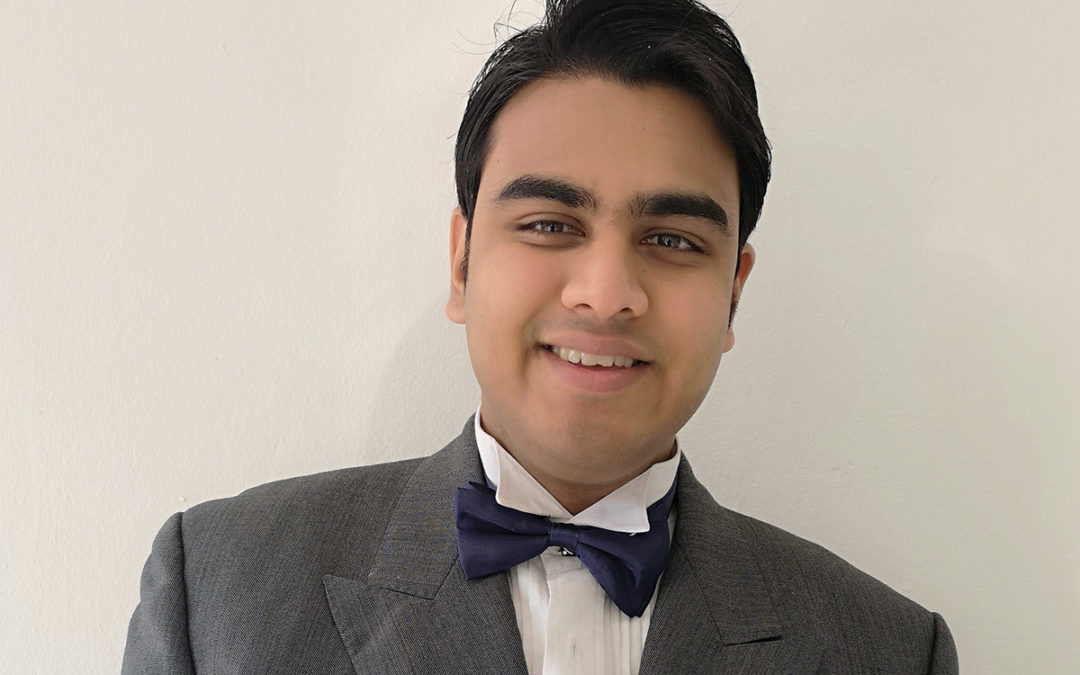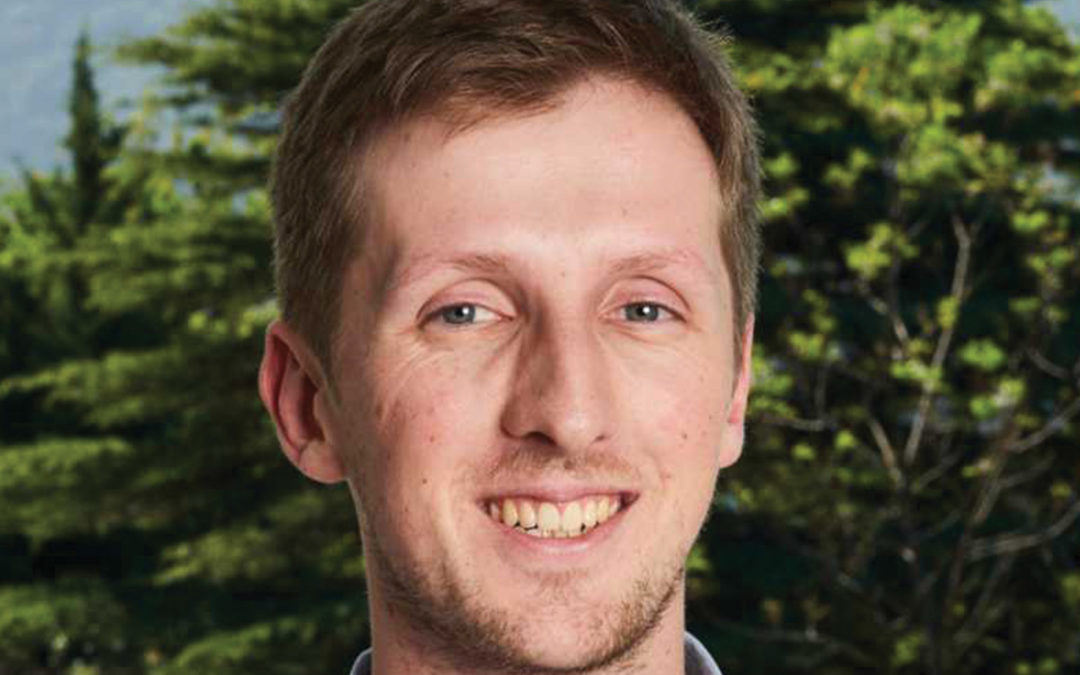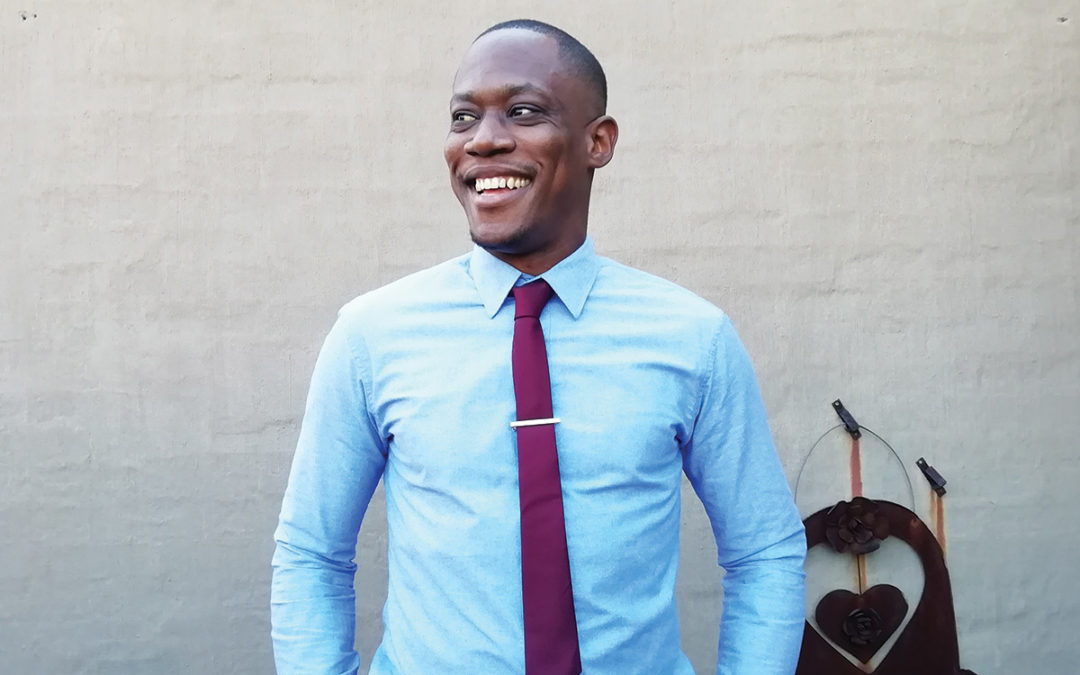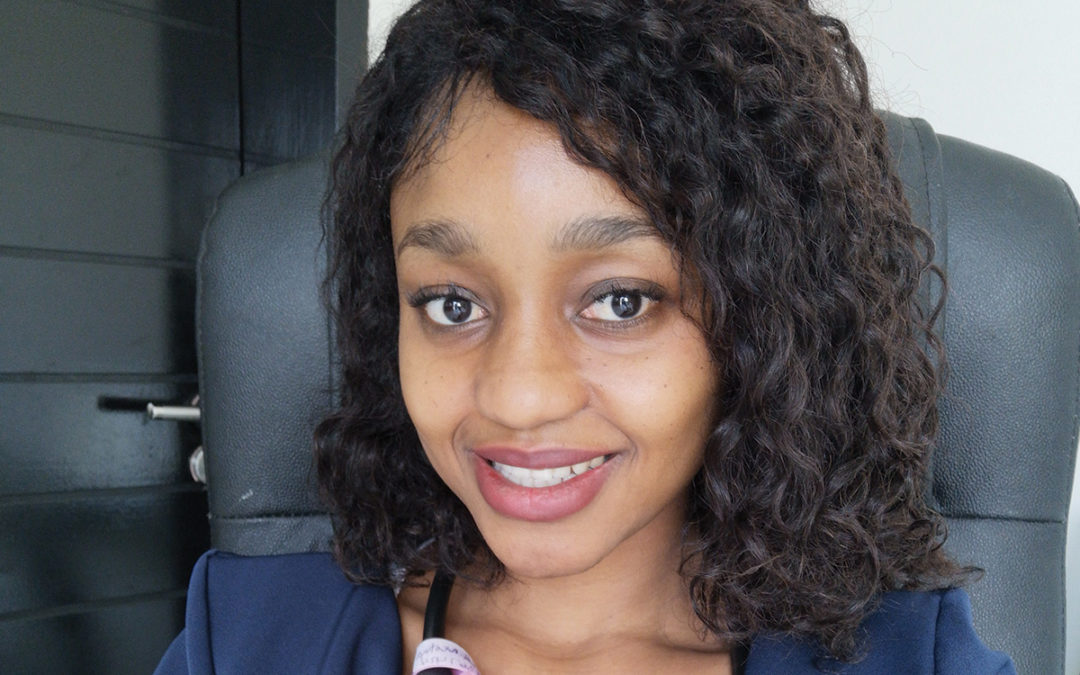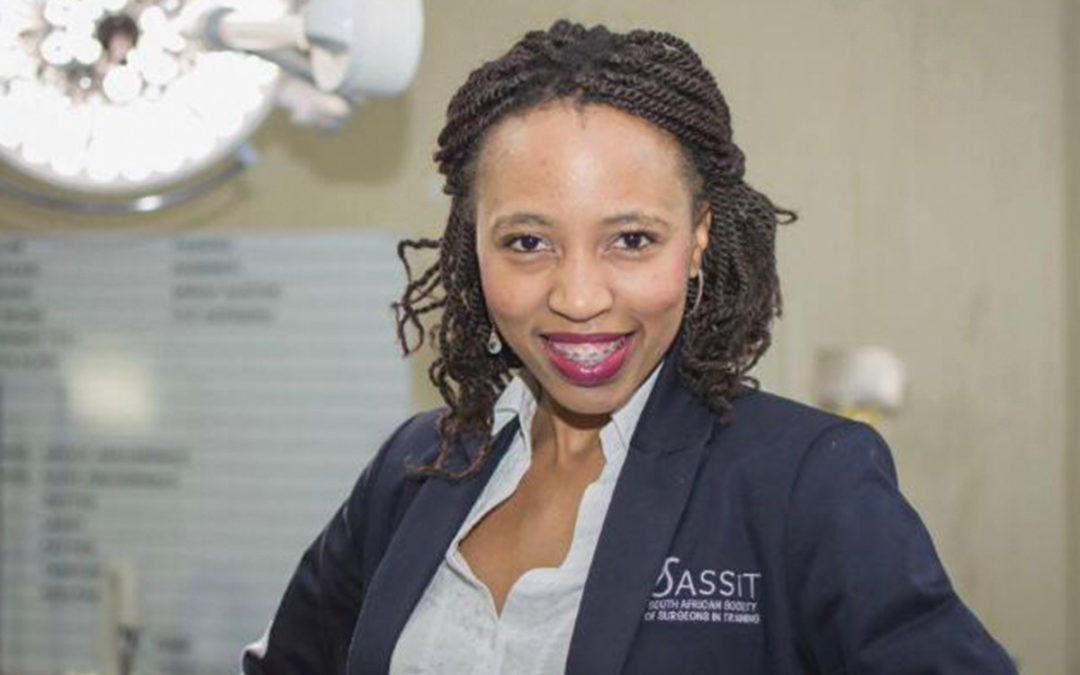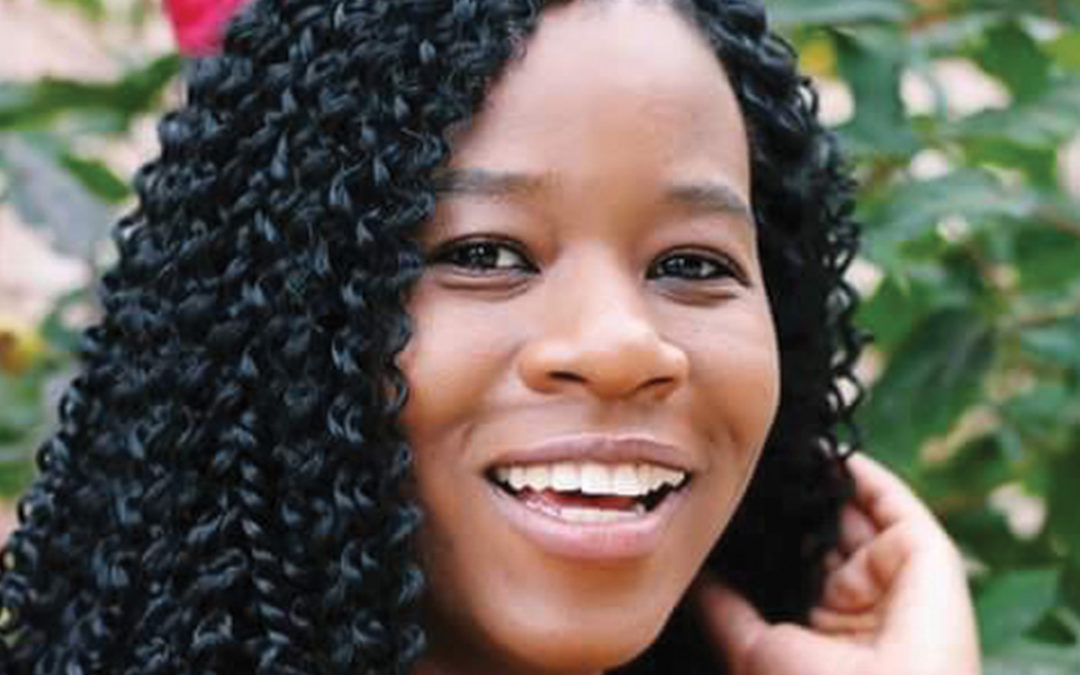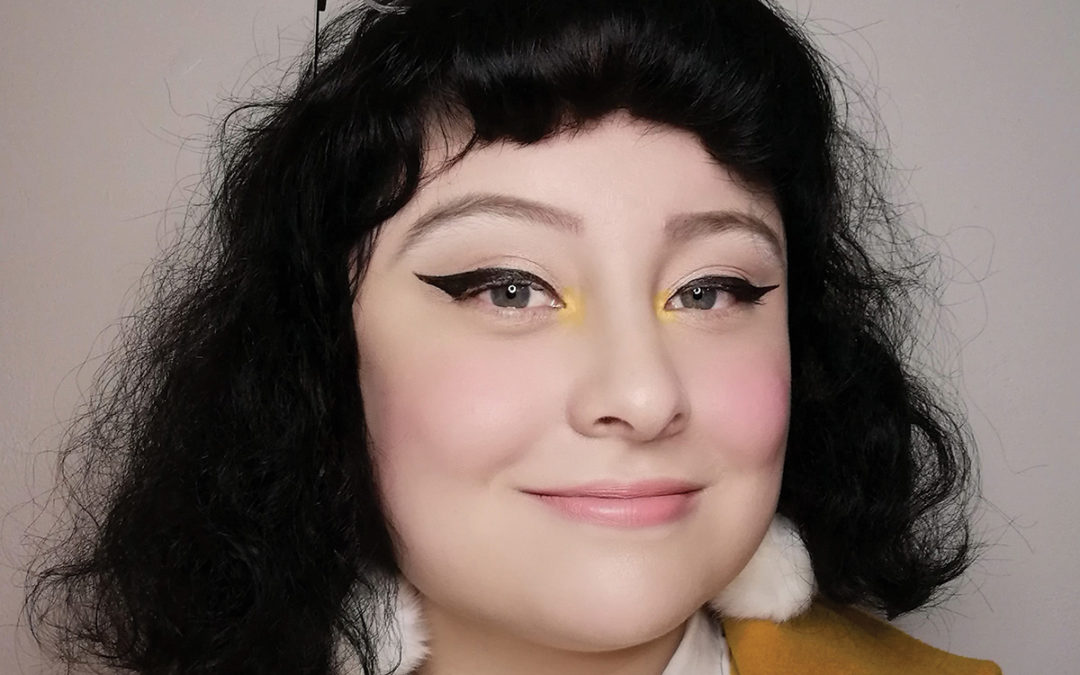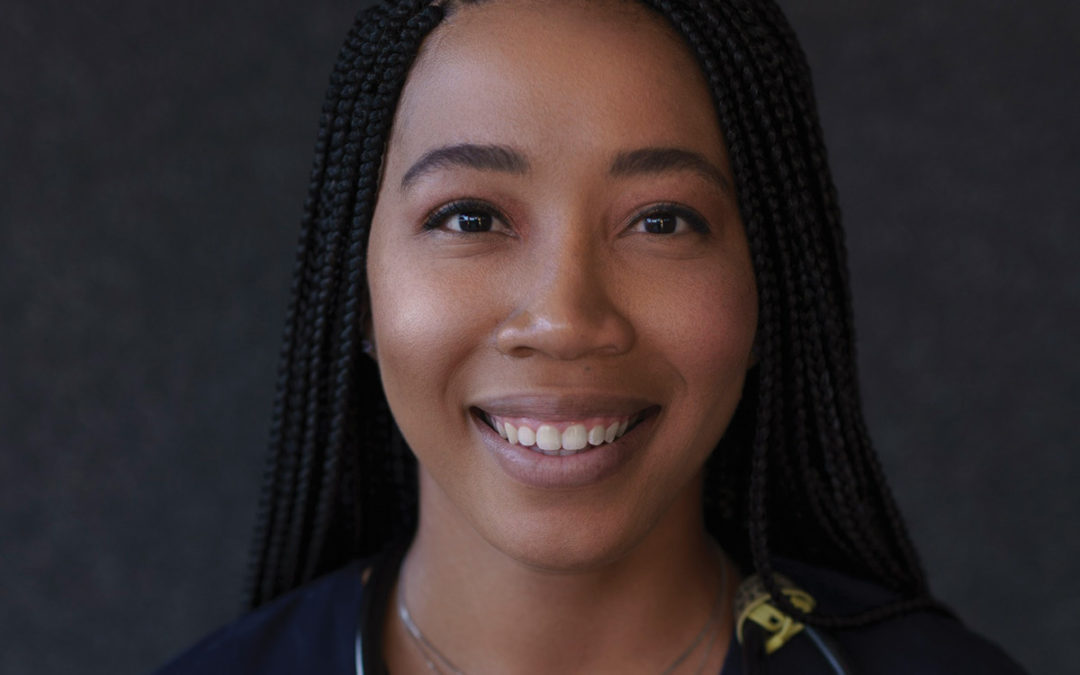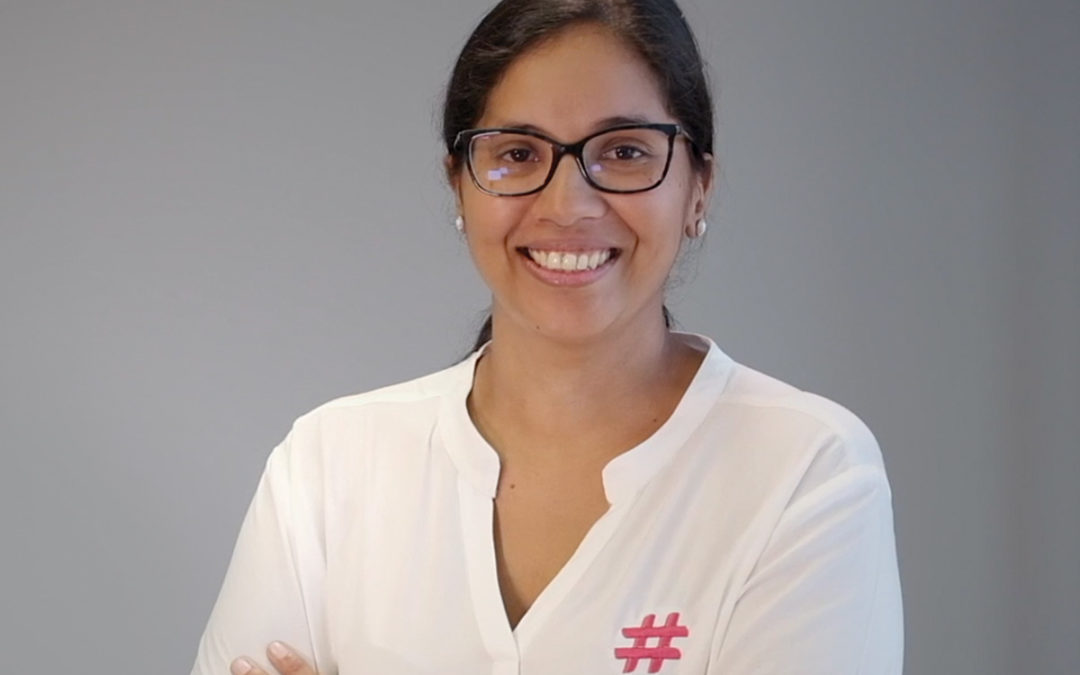Sibongile Mongadi’s work has the potential to greatly improve lives of amputees across South Africa. A passionate entrepreneur, she is the founder of Uku’hamba, a start-up company that focuses on biotechnology and healthcare manufacturing.
Utilising 3D printer and 3D scanning technologies, she has dedicated her career to developing prosthetic limbs that can be widely and cheaply manufactured. Her mission is to ensure prostheses are made available to anyone in need, greatly increasing the independence of amputees who may not currently be able to afford them. Given how fulfilling the work can be, it has not felt like a sacrifice to Mongadi.
“My career has not been tedious and or boring,” she says. “I’m surprised at how much I have enjoyed it and the strides I’ve made in less than two years. In my career it never occurred to me that I would actually end up at this level, especially penetrating an industry that is known to be male-dominant.”
Mongadi has received no shortage of recognition for her efforts in recent years. Designated as one of the top emerging innovators across Africa in 2018, she travelled with other entrepreneurs from the continent to the American Express Leadership Academy, where they worked out how to improve their respective ventures. She was also named in the Inspiring Fifty’s class of 50 South African Women of 2019.
When the Covid-19 pandemic struck South Africa, she redirected her company’s efforts to manufacturing safety equipment for frontline workers; she says that over 200 masks and shields have been 3D-printed.
